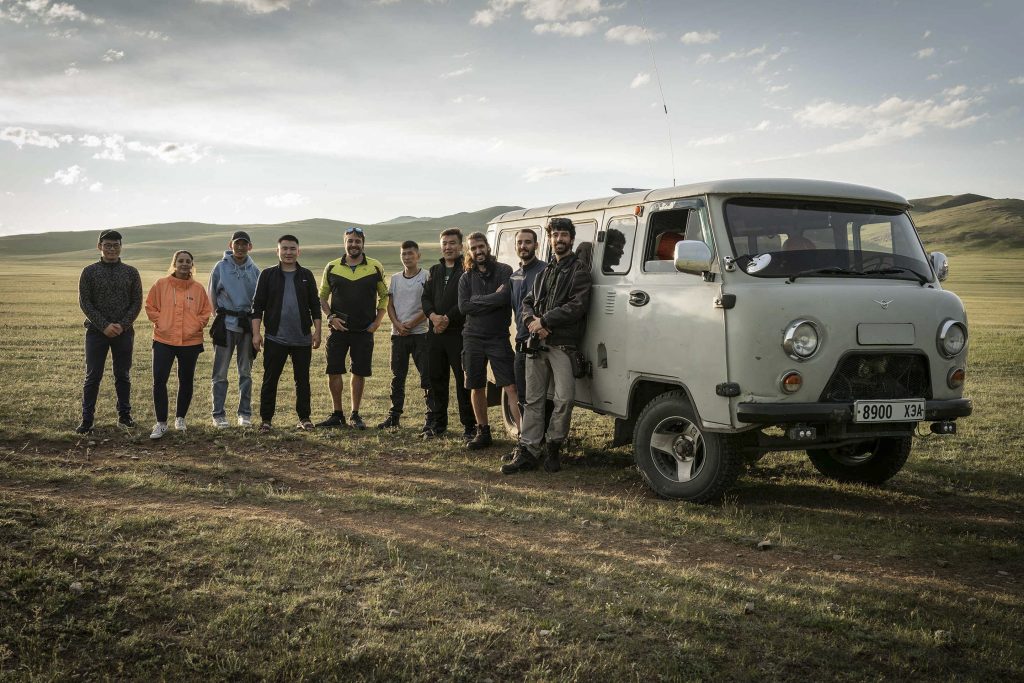Mongolia is a Central Asian country of 1.56 million km², with a population of 3.2 million and about 70 million head of livestock, where half of its population depends directly or indirectly on the pastoral economy for their livelihood. The climate is extreme continental with droughts being common in the cold desert and semi-desert steppe areas. In addition, the dzud phenomenon (severe periodic winter storms that occur approximately every five years) can decimate up to one-third of the herds in a given region.
Thus, the nomadic strategy of Mongolian herders is an adaptation to these extreme seasonal and inter-annual environmental variations. The usual pattern of pastoral land use in Mongolia involves a minimum of three seasonal movements each year between different grazing areas. The distance and frequency of nomadic movements and access to ecological resources have gradually decreased over the past century as a result of shifting political-economic boundaries and accelerated climate change in the region. Despite the long-term decline in nomadic mobility, seasonal displacements remain the basic strategy of Mongolian herders, a lifestyle that, with the exception of the period of Soviet collectivization (between 1924 and 1990), has remained unchanged for at least five millennia.
